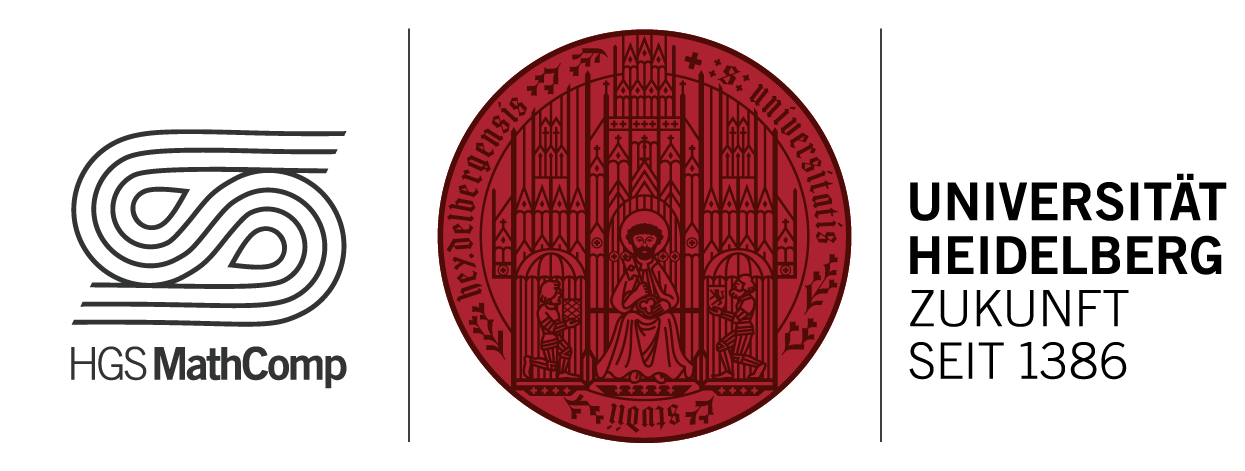2nd Sorbonne-Heidelberg Workshop on AI in medicine: Machine Learning for multi-modal data
Date: June 25-27, 2025
Venue: Mathematikon • Conference Room, Room 5/104, 5th Floor • Im Neuenheimer Feld 205, 69120 Heidelberg
Application deadline: May 2, 2025
Machine Learning is transforming science, especially the way we do research in medicine. It can analyze non-linear dependencies of structured clinical data, and it is starting to support in the huge amount of existing text and other unstructured information to extract useful information using recent techniques based on large language models. There is also an increasing amount of specific omics data for each patient, which makes it hard to manually inspect all the details. This is where multimodal data analysis comes in, which is the focus of this year's AI in Medicine workshop. Researchers from Sorbonne and Heidelberg will give keynote speeches to provide insight into their research field, which will fuel discussions.
This workshop is funded by Université franco-allemande/Deutsch-Französische Hochschule and co-funded through the 4EU+ 1CORE Project. It is organized under Flagship 3 of the 4EU+ European University Alliance. It brings together junior and senior researchers from Sorbonne University, Heidelberg University, and their partner universities in 4EU+. Scientific exchange will take center stage through participants' presentations & posters, keynotes by invited speakers, and discussions. Key techniques will be trained during hands-on sessions, and social events invite you to network while experiencing the unique setting of the oldest German university and the environment of a vibrant student city.
We invite you to apply and present your PhD project or other research work including, but not limited to:
- Multimodal data integration and analysis
- Deep learning architectures and techniques
- Medical data analysis
We look forward to welcoming you to Heidelberg!
Speakers
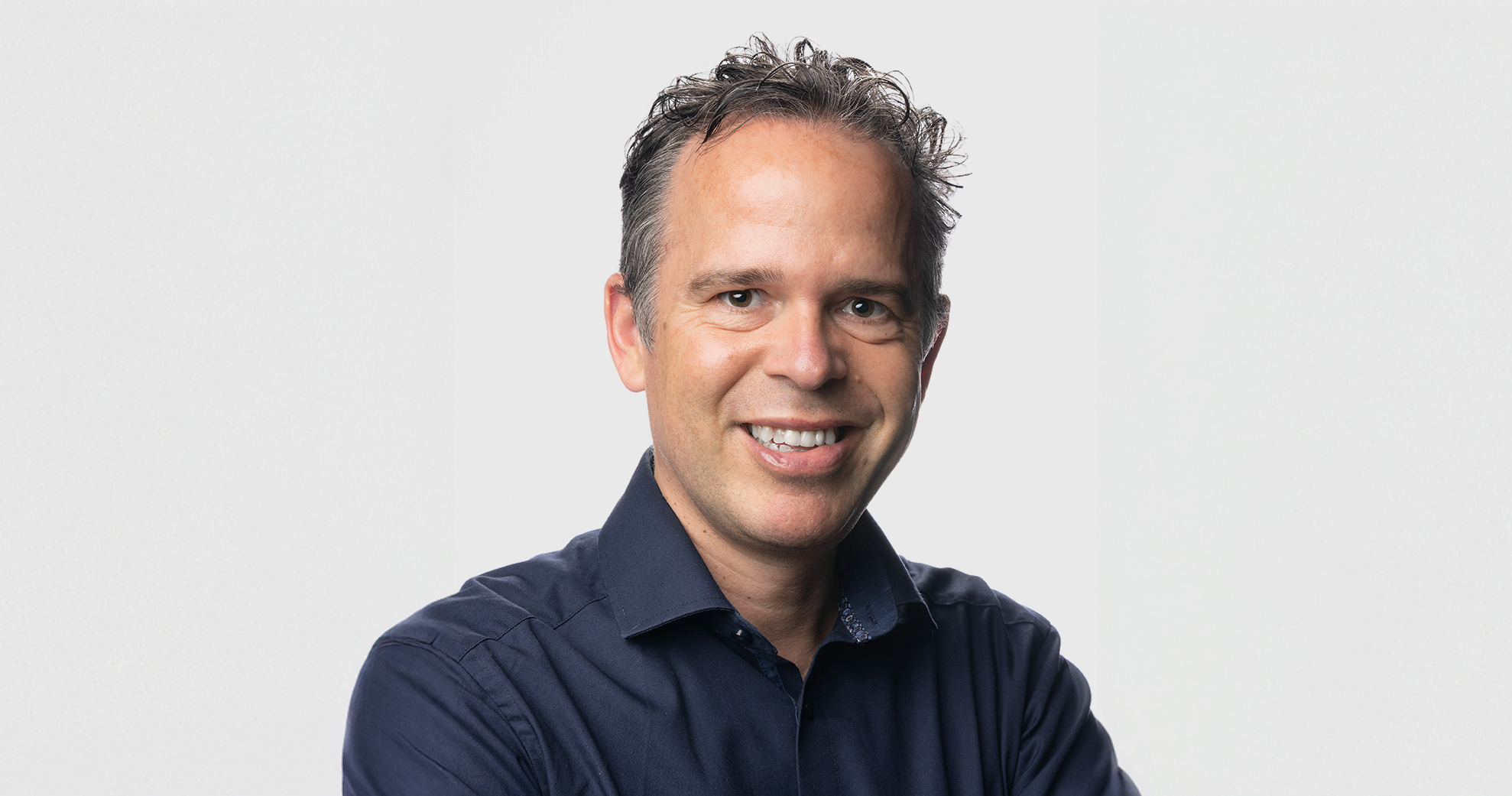
Prof. Jan Korbel
Heidelberg University
Jan Korbel is a professor at Heidelberg University. He earned a PhD degree in 2005 from EMBL Heidelberg and Humboldt University of Berlin, Germany. He was a postdoctoral researcher at Yale University, New Haven, Connecticut, USA. He has been a group leader at EMBL since October 2008, and the Senior Scientist in the Molecular Medicine Partnership Unit since 2016. He has been the head of the Data Science Department since 2020. He is also a faculty member of the ELLIS Unit.
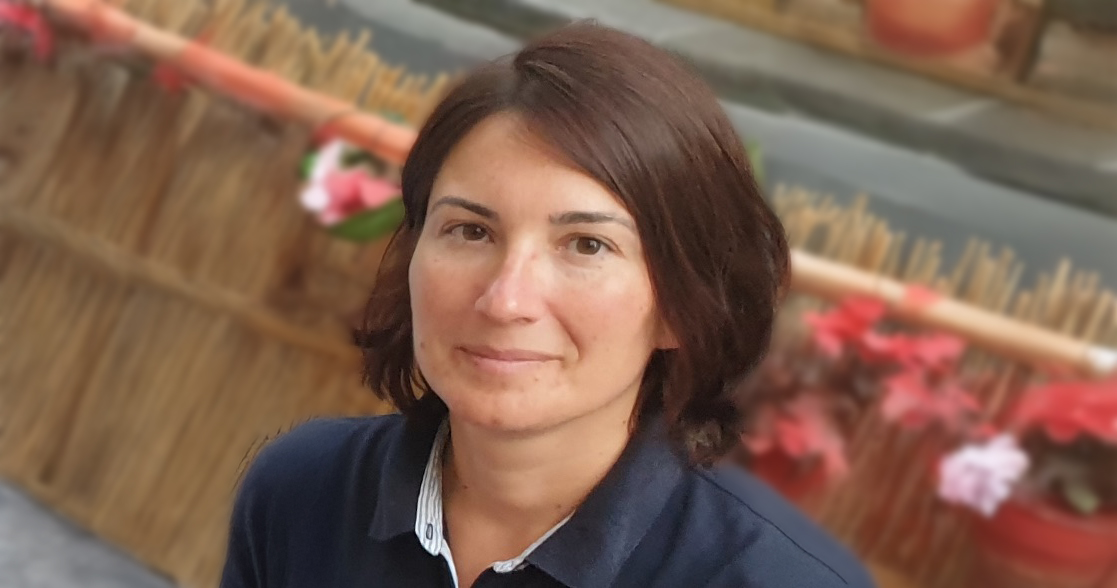
Prof. Nataliya Sokolovska
Sorbonne University
Nataliya Sokolovska is a professor in Computer Science at Sorbonne University, Paris (since 2022). She holds a PhD degree from Telecom ParisTech (2010). She was a post-doctoral researcher at the Computer Science Laboratory at Paris XI University (2010 - 2011) and at the Computing Department, Macquarie University, Sydney, Australia (2011 - 2012). She was an assistant professor at Sorbonne University affiliated with the NutriOmics team, Faculty of Medicine (2012 – 2022). Her research interests include graphical models, probabilistic inference, causal inference, interpretable models, semi-supervised learning, and applications in medicine and biology.
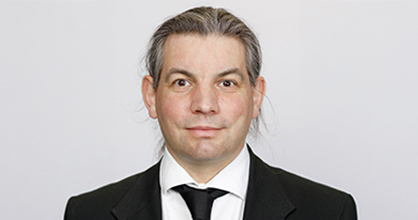
Prof. Frank Zöllner
Heidelberg University
Frank Zöllner received a PhD in computer science from Bielefeld University in 2004, and the venia legendi in medical physics from Heidelberg University in 2014. He was a researcher at Haukeland University Hospital and the Department of Biomedicine at the University of Bergen, Norway. He is currently acting head of Computer Assisted Clinical Medicine at the Mannheim Institute for Intelligent Systems in Medicine, and head of the Core Facility Pre-clinical MRI at the Medical Faculty Mannheim, Heidelberg University. His research interests include pattern recognition, image processing, and imaging techniques (MRI, CT, CBCT).
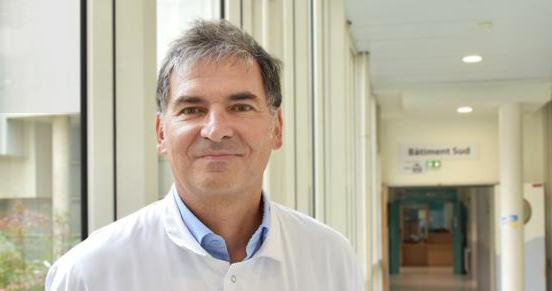
Prof. Philippe Charron
Sorbonne University
Philippe Charron is a professor at Sorbonne University. He is a renowned cardiologist at AP-HP, specializing in genetic cardiology and rare cardiovascular diseases. He leads the Reference Center for Cardiomyopathies and Hereditary Rhythm Disorders at Pitié-Salpêtrière Hospital. With extensive expertise in diagnosing and managing complex cardiac conditions, Professor Charron is dedicated to advancing medical research and improving patient care. His work is pivotal in understanding and treating hereditary heart diseases.
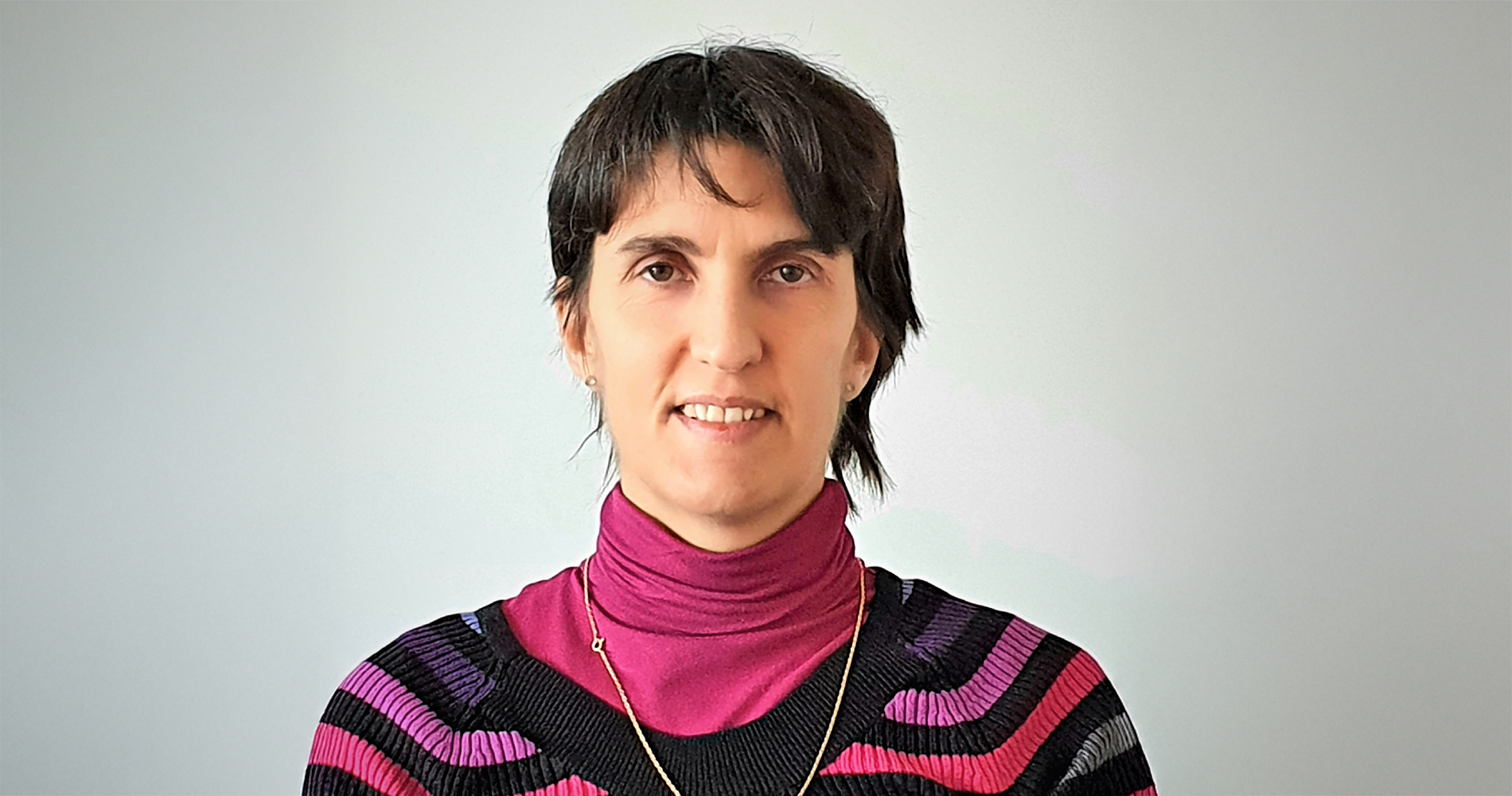
Dr. Sophie Garnier
Sorbonne University
Sophie Garnier is a distinguished researcher and lecturer at Sorbonne University, specializing in human genetics and cardiovascular diseases. She is part of the UMR S 1166 research team, focusing on the genomics and pathophysiology of cardiovascular conditions. With a strong background in molecular biology, Dr. Garnier has made significant contributions to understanding genetic susceptibility in various heart diseases. Her dedication to teaching and research helps advance medical knowledge and improve patient outcomes.

Prof. Stefan O. Schönberg
Heidelberg University
Stefan O. Schönberg is a full professor of Radiology and Nuclear Medicine at the Faculty of Medicine, Heidelberg University. He has been the director of the Department of Radiology and Nuclear Medicine, Mannheim University Medical Center, since 2007. He has been president of the International Society of Strategic Studies in Radiology (IS³R) since 2023. The main areas of his research are radiomics and artificial intelligence, vascular and abdominal imaging, functional and high-field magnetic resonance imaging, oncologic imaging, and integrative diagnostics.
Hands-On Sessions
The hands-on sessions are practical sessions that last 90 minutes. The responsible person is expected to present the theoretical background and guide the audience to solve several typical tasks with a prepared practical environment, e.g. using Google Colab, referring to the structure available here.
The selected hands-on session tutors will receive honoraria.
Travel support through 4EU+
The 4EU+ member universities offer mobility funding. Please contact your local 4EU+ offices.
- Charles University: 4euplus@cuni.cz
- Paris-Panthéon-Assas University: Please contact your central administration.
- Sorbonne University: 4euplus-su@sorbonne-universite.fr
- University of Copenhagen: 4euplusucph@adm.ku.dk
- University of Geneva: 4euplus@unige.ch
- University of Milan: 4euplus@unimi.it
- University of Warsaw: 4euplus@uw.edu.pl
Application
Please apply by May 2, 2025: Apply here
Guidelines:
The registration is only successful with an accepted abstract of 500 words. If you are a co-author of another submission, please note this in the form. The corresponding paper must be completed before the workshop, and it will be published in the conference proceedings. The paper will be presented in the workshop as an oral presentation, poster, or hands-on session. Please submit your abstract as a PDF file, following this pattern: "{LastName}_{KeyWords}_abstract.PDF".
Papers can be up to 8 pages (text, figures, and tables) plus up to 2 pages of references. Manuscripts must be submitted electronically in searchable PDF format.
A minimum level of proficiency in programming skills and English language is required to effectively participate in the workshop activities.
This event is jointly organised by the Mannheim Institute for Intelligent Systems in Medicine (MIISM) and the Sorbonne Center for artificial intelligence (SCAI). Please contact Astrid D'Alessandro if you have any questions: Astrid.DAlessandro@medma.uni-heidelberg.de.
